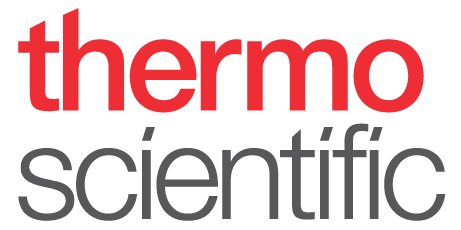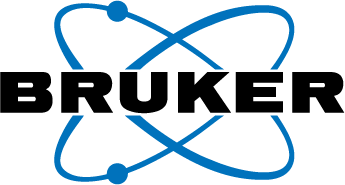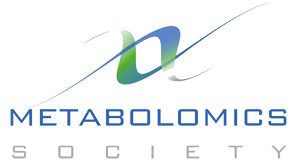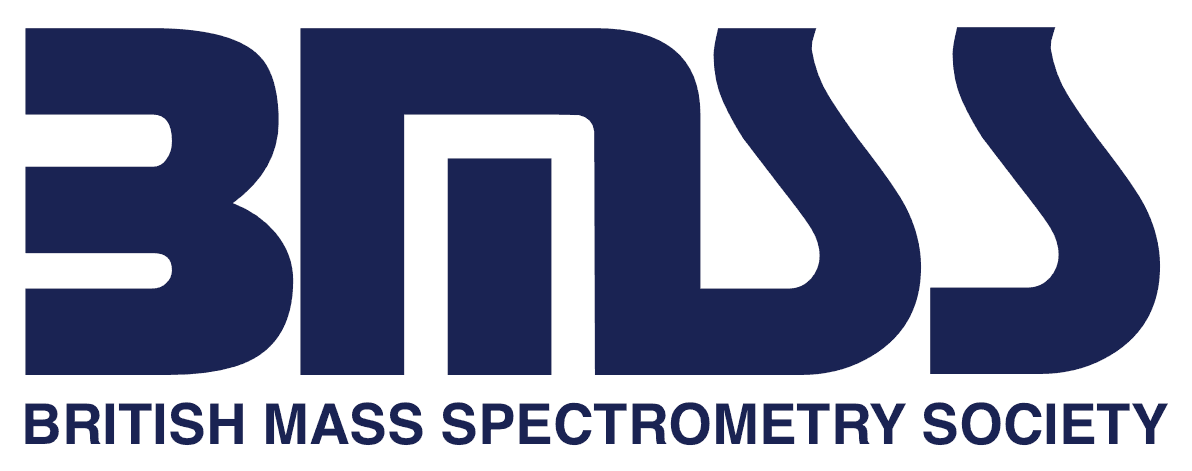MSACL 2014 EUSalzburg, Austria: Sept 2-5 |
Details
MSACL EU
EUROPE 2014
Plenary Lecture Series
 | >> Thursday 8:15 AM @ Mozart Hall Direct Mass Spectrometric Characterization of Fluids, Cells and Tissues - The Benefits and the Price of Real-Time Analysis Zoltan Takats Imperial College London Development of ambient mass spectrometric techniques opened a new way of looking at clinical samples regarding the simplicity (and time demand) of analysis and the nature of data produced by these techniques. Application of these approaches in cancer surgery, histopathology, clinical microbiology and clinical chemistry has been successfully demonstrated. While these techniques mean valid alternatives to currently used technologies - with clear benefit on both cost and reliability sides - their widespread application can potentially change the current landscape of medical diagnostics. Future role of these methods in stratified clinical patient journeys will be discussed with particular emphasis on the currently unresolved problems and their future solutions regarding both regulatory and technology aspects. |
 | >> Thursday 9:00 AM @ Mozart Hall Metabolism and Disease Pathogenesis Gary Siuzdak The Scripps Research Institute Our lab focuses on the quantitative global analysis of endogenous metabolites (metabolomics) and the role these molecules play in disease pathogenesis. While the genome and proteome represent upstream biochemical events, metabolites correlate with the most downstream biochemistry and therefore most closely represent the phenotype. The experimental aim in our studies is to obtain a comprehensive view of the metabolome to expand our understanding of what pathways are altered in disease. We have developed a novel web-based platform for metabolomics that includes XCMS Online data analysis combined with METLIN, a comprehensive MS/MS metabolite database, as well as Nanostructure Imaging Mass Spectrometry (NIMS). These technologies will be presented in the context of pain and colorectal cancer. |
 | >> Thursday 6:30 PM @ Mozart Hall The Impact and Potential Consequences of Machine Intelligence on Healthcare Randall Julian Indigo BioSystems, Inc. Intelligent machines teamed with experts are superior to experts working alone. This will have profound effects on the nature of healthcare delivery. Further, the advance of automation is already having a significant effect on labor markets, and there is no reason to believe healthcare will not be impacted. In this lecture examples of human-machine teams will be given. Also, the impact on society of the increased role of smart machines will be discussed. Comparisons between the first and second machine ages will be used to draw out the consequences, benefits and difficulties we will face as a scientific community. |
 | >> Friday 8:15 AM @ Mozart Hall MALDI-TOF in Medical Microbiology Irene Burckhardt UniversitätsKlinikum Heidelberg, Dept for Infectious Diseases Bacterial identification via MALDI-TOF has become state of the art during the last years. For susceptibility testing different very promising assays have been proposed. However, to routinely generate MALDI-TOF data for a complete antibiogram as we know it from agar diffusion or MIC determination is still not possible. To miniaturize these assays and to integrate them into a total lab automation will be the key tasks for the coming years. |
 | >> Friday 9:00 AM @ Mozart Hall High Resolution Proteomics for Clinical Applications Matthias Mann Max-Planck Institute of Biochemistry Mass spectrometry based proteomics has advanced tremendously in the last few years. We describe a shotgun proteomics workflow that allows us to detect and quantify the large majority of the proteins expressed in a biological system such as cancer cell lines. This included streamlined and highly efficient sample preparation, analysis with very high sequencing speed using modern mass spectrometers and bioinformatic analysis using the MaxQuant and Perseus platforms. Efforts in our group have focused on ‘single shot’ analysis and we demonstrate very high coverage in this mode (Mann et al., 2013). In this talk, I will focus on applications of proteomics to questions of clinical relevance. |














